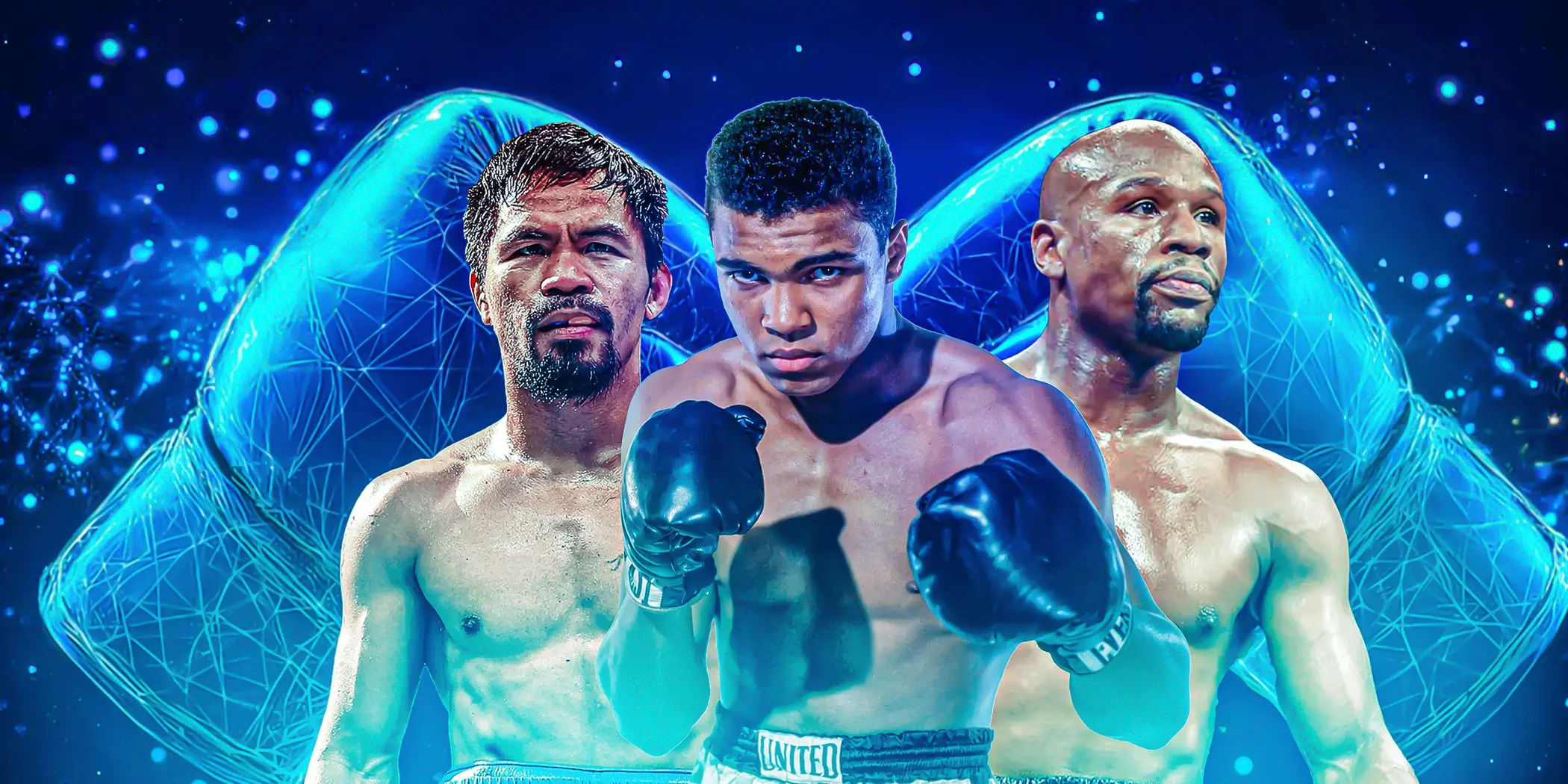T4K3.news
Boxer Chávez Jr Deportation Update
Chávez Jr has been deported to Mexico amid arrest on visa and residency issues and suspected cartel ties.
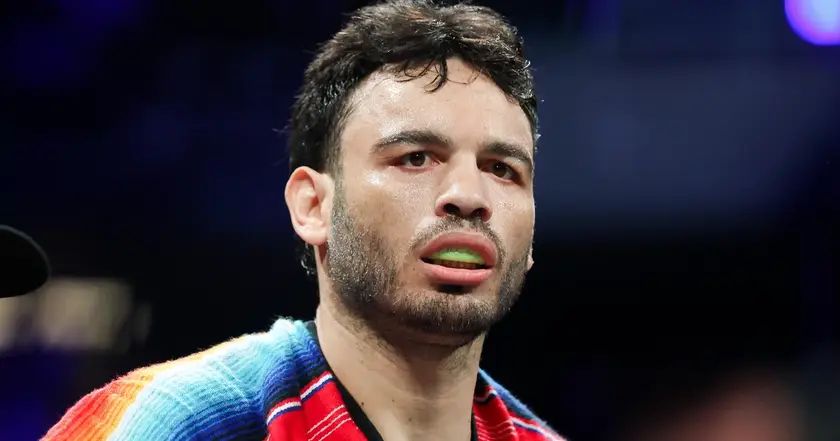
Chávez Jr., a former boxing champion, is deported to Mexico after U.S. arrest for visa overstay and fraudulent residency charges, while Mexican authorities pursue alleged cartel ties.
Boxer Chávez Jr Detained in Mexico Over Deportation and Cartel Ties Allegations
U.S. immigration officials arrested Chávez Jr. on July 2 in Los Angeles for overstaying a tourist visa and submitting fraudulent statements on a green card application. He was handed over to Mexican authorities and admitted to a prison in Sonora, where a separate Mexican arrest warrant alleges arms and drug trafficking ties to the Sinaloa Cartel, which the U.S. government previously designated a foreign terrorist organization. The investigation into Chávez began in 2019, and he is described as a Mexican citizen and former WBC middleweight world champion.
Mexican President Claudia Sheinbaum confirmed Chávez’s deportation, saying he would face charges in Mexico. The case sits at the crossroads of sport, immigration enforcement, and organized-crime allegations, with Chávez’s career and public image now entwined with a broader legal process. The boxer is part of a famous boxing family; his father, Julio César Chávez, looms large in Mexican boxing history, a legacy that now intersects with a complex legal narrative.
Key Takeaways
"I understand he was deported"
Statement from Mexico's president on Chávez's deportation
"Chávez overstayed a tourist visa that he entered the U.S. with in August 2023"
DHS disclosure of Chávez's visa history
"This is a case that tests the limits of a famous name against real charges"
Editorial reaction to the cross-border case
"The spotlight on a boxing family adds pressure to every step in the process"
Reflection on family legacy and legal scrutiny
This case tests the intersection of athletic fame and cross-border law in a modern era of heightened public scrutiny. The prominence of Chávez Jr. means every legal development will be amplified by media attention, potentially shaping public perception more than due process. At the same time, authorities must navigate sensitive charges that touch on drug trafficking and cartel links, which carry political and social implications beyond the ring.
The broader implications are real for the sport and for fans who expect accountability from high-profile athletes. Cross-border enforcement can complicate careers and cloud a boxer’s legacy, especially when past personal struggles become part of the ongoing narrative. The story also highlights how immigration status and residency questions can intersect with sports stardom, reminding readers that champions are not immune to legal standards crossing national lines.
Highlights
- Fame can blur the line between sport and serious trouble
- Legacy meets a courtroom where evidence must stand
- The truth travels across borders before a verdict does
- A boxing family now faces a legal drama that commands attention
Cross-border legal case risks political and public backlash
The story involves high-profile criminal allegations, immigration enforcement, and cross-border jurisdiction. It could provoke political sensitivity and public reaction, affecting communities connected to boxing and its fans.
As more details emerge, the case will test how quickly the worlds of boxing fame and legal accountability align across borders.
Enjoyed this? Let your friends know!
Related News
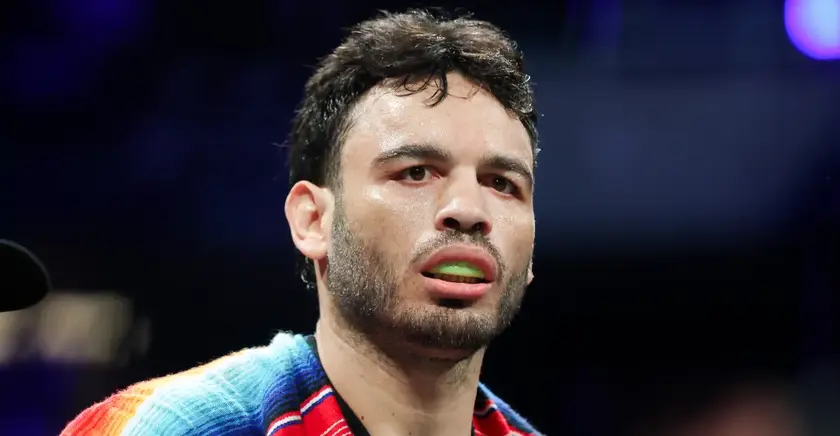
Chavez Jr deported to Mexico after US detention
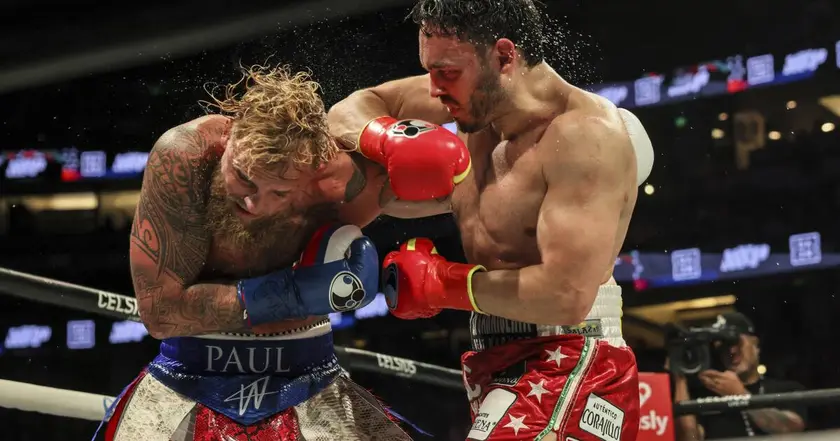
Boxer Chavez Jr Deported to Mexico

Chávez Jr deported to Mexico
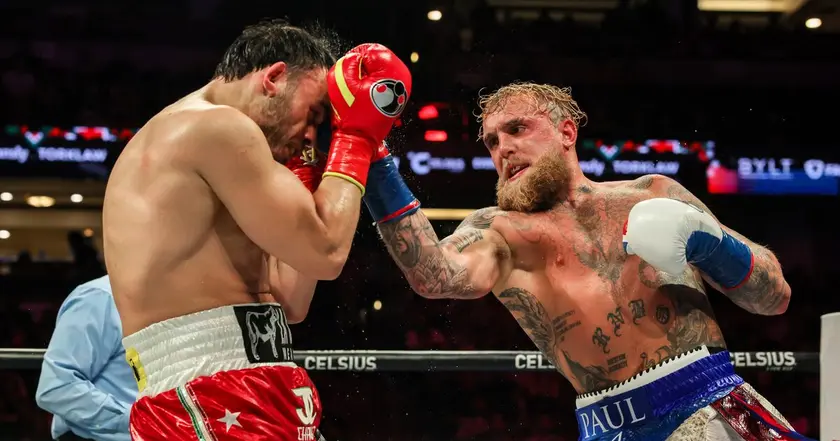
Jake Paul defeats Julio César Chávez Jr. in boxing match

Jake Paul Claims Greatest Since Muhammad Ali
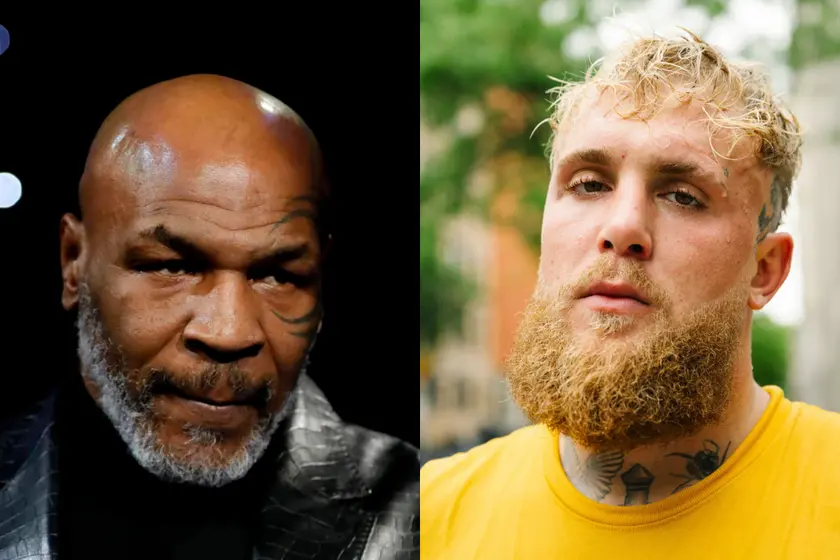
Jake Paul to Fight Julio Cesar Chavez Jr
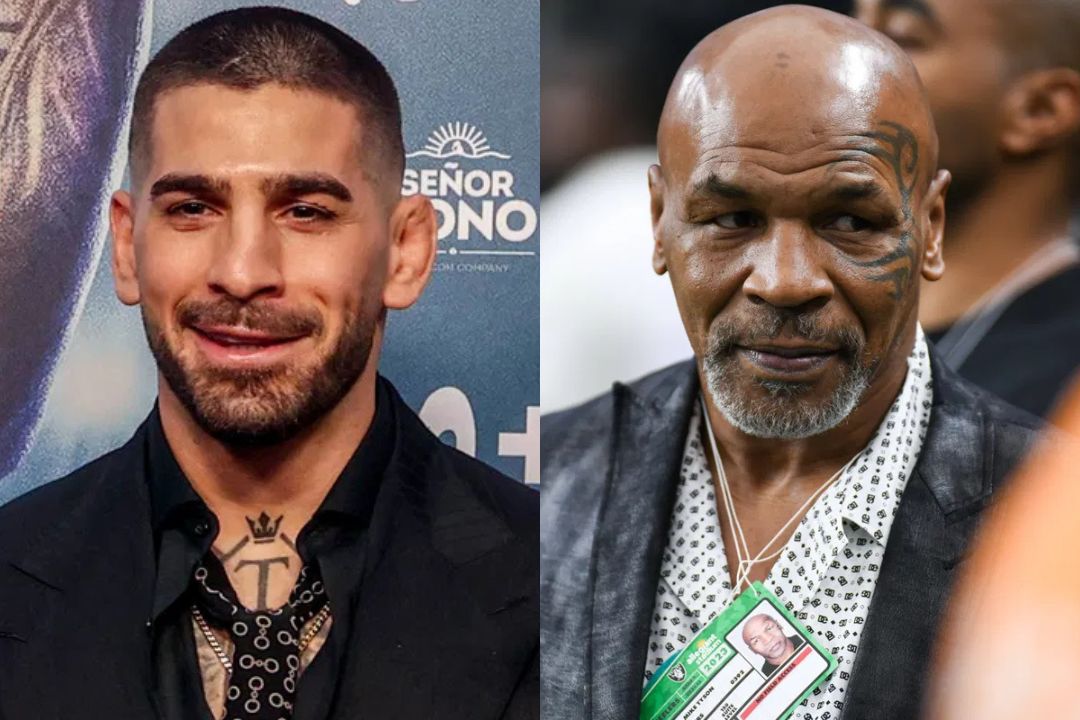
Ilia Topuria defeats Charles Oliveira at UFC 317
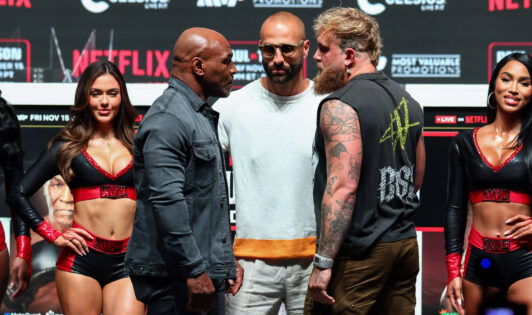
Jake Paul Revises Earnings from Tyson Fight
